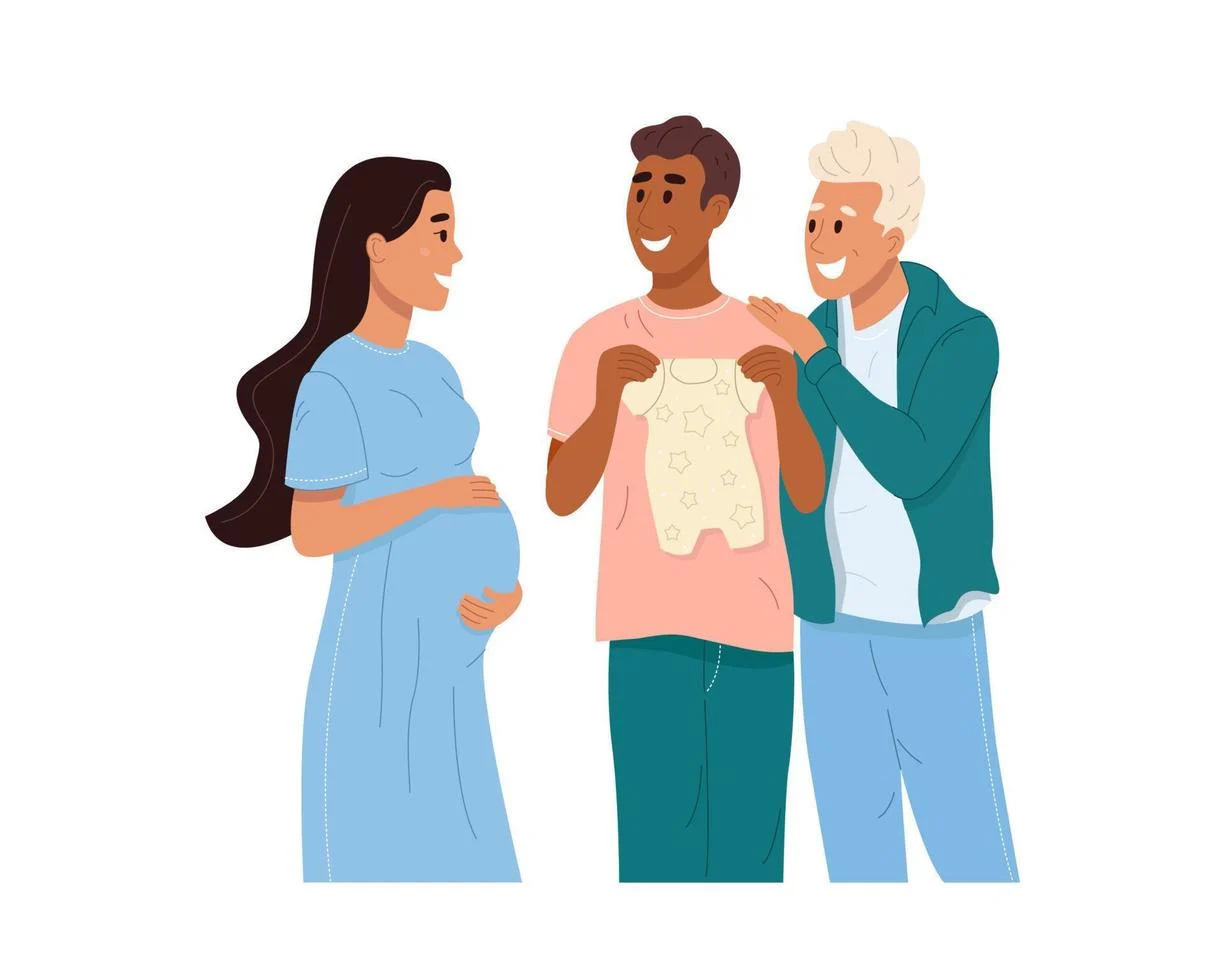Did you know that the air quality around you could impact your chances of conceiving through IVF? Recent studies indicate that exposure to traffic-related pollution might jeopardize the success rates of in vitro fertilization procedures. While we often think about the effects of diet and stress on fertility, environmental factors, particularly air pollution, deserve our attention too.
Research has shown that pollutants like nitrogen dioxide and particulate matter can negatively influence reproductive health. These airborne toxins may affect not just the quality of eggs and sperm but also the implantation process and overall embryo health. For couples trying to conceive, especially those undergoing IVF treatments, minimizing exposure to these pollutants could be crucial.
For instance, individuals living near busy roads or high-traffic areas may want to consider strategies to reduce their exposure. Simple actions, such as choosing to take a less congested route or utilizing air purifiers at home, can help. Moreover, consulting with fertility experts about environmental factors can provide tailored advice to enhance your chances of success.
If you’re curious about more specific pollutants, check out this blog post on formaldehyde exposure. It sheds light on various chemicals that can affect reproductive health. Additionally, for those exploring the complexities of home insemination, this resource offers expert insights on the subject.
In summary, while optimizing your IVF journey often revolves around diet, stress management, and medical advice, don’t overlook the importance of air quality. Taking proactive steps to limit exposure to traffic pollution could be a beneficial part of your fertility strategy. Remember, every little bit helps in your quest for a successful pregnancy. For further information on IUI success rates, explore this WebMD resource to enhance your understanding of the process.
